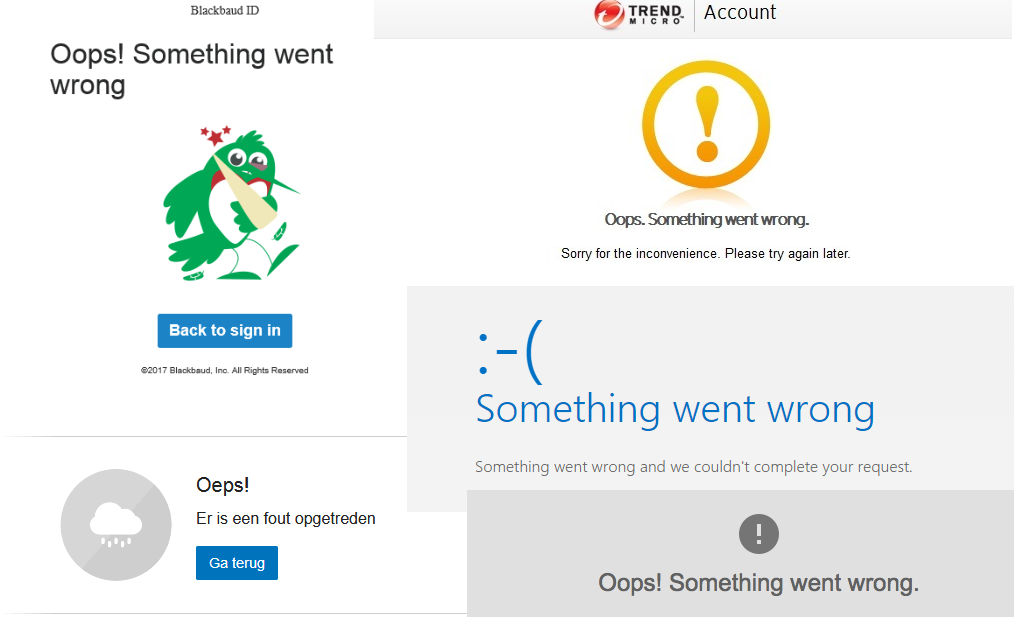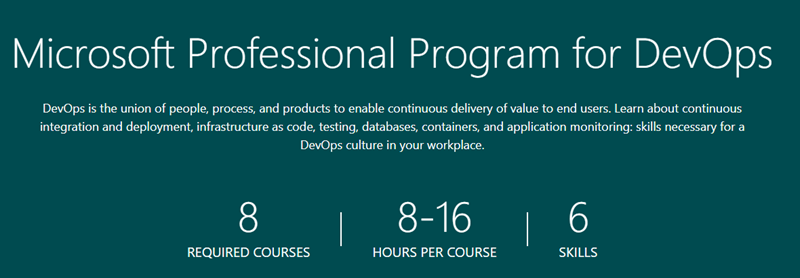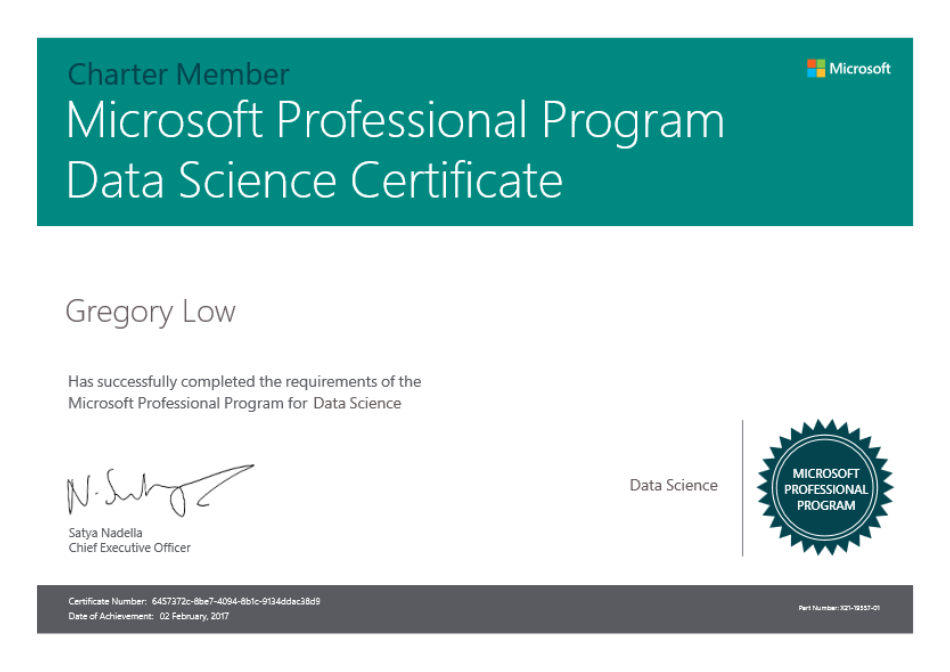
Opinion: Don't reinvent the (database) wheel
There is an old saying about not reinventing the wheel yet this is something that I see happening at client sites every day. I see two main reasons why this happens:
Discoverability
 Image by Nathan Dumlao
Image by Nathan Dumlao
There are so many tools and frameworks in this industry, that you can’t be expected to know them all. I remember when I worked a lot with the .NET framework. I’d go into client sites and see them designing and building classes that were already in the framework. Worse, the framework classes were usually very well designed and tested.
2018-03-06











